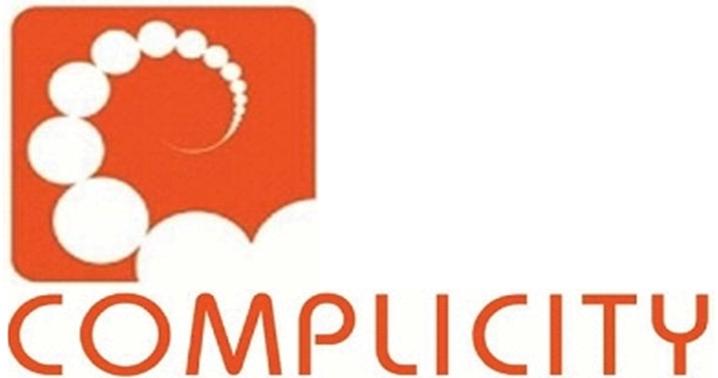New Venues for Science Teacher Education: Self-organizational Pedagogy on the Edge of Chaos
DOI:
https://doi.org/10.29173/cmplct8761Abstract
This paper describes our attempt to develop a pedagogical practice informed by the concepts of complexity applied to education. The context of our study was the science methods course within an elementary teacher education program. The practice, described here, has overlapped instruction and assignment; teaching and learning; science and the arts; formal and informal education. Prospective teachers, while working in teams of 4–5, taught mini-lessons about science topics to 6th and 7th graders in field settings, and then, collaboratively with the children, produced scientific/artistic digital videos about these topics. As a next step, prospective teachers shared their teaching experiences, classroom observations, and self-produced videos with their university peers. Upon completing this practice, many prospective teachers have changed their ways of thinking about science and science education. We discuss how this practice is informed by and further informs such concepts of complexity as self-organization, chaotic attractors, fluidity, fuzzy boundaries, the edge of chaos, improvisation, adaptation, and transformation.Downloads
Published
2007-07-01
Issue
Section
Research Articles



